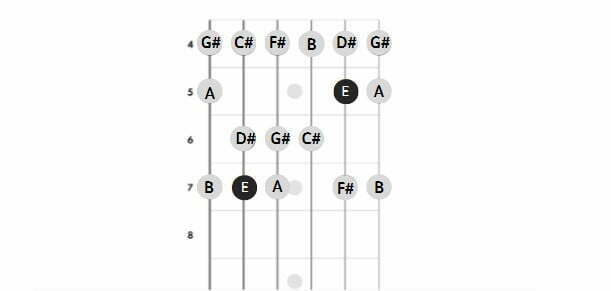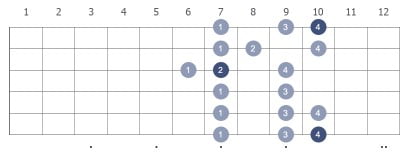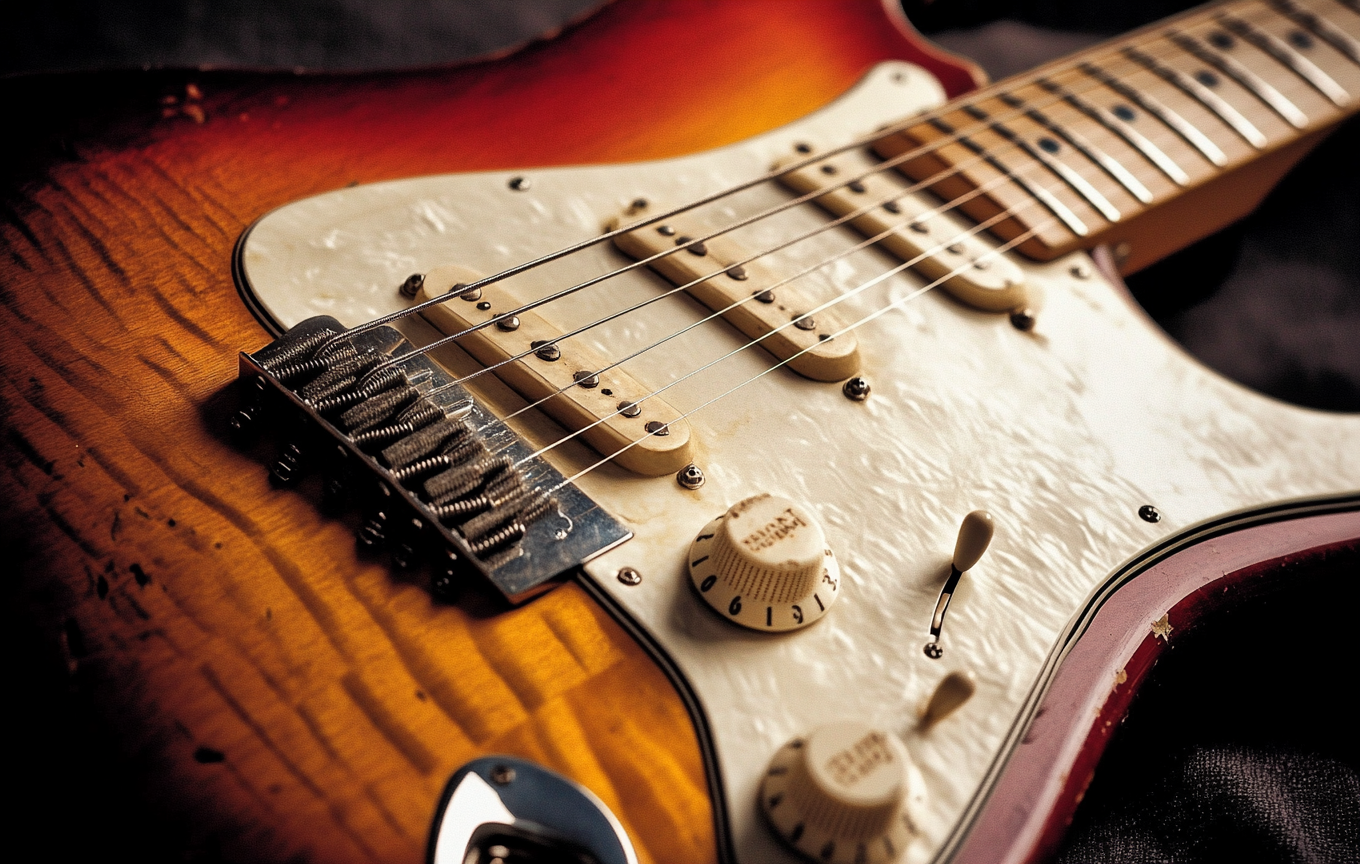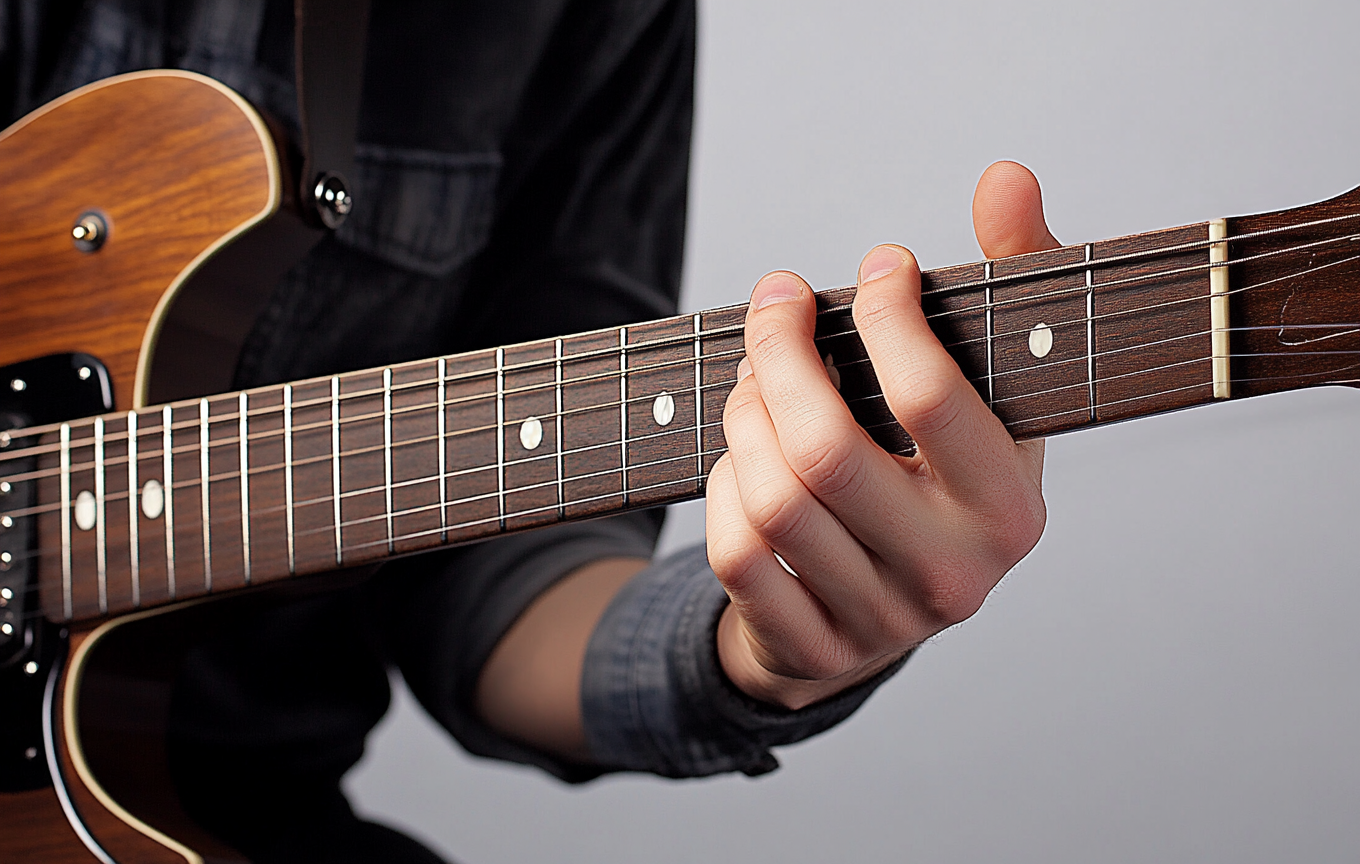Mastering Guitar Scales
Guitar scales are an essential part of playing the guitar and are used to create melodies, solos, and improvisations. Learning guitar scales can help you develop your skills as a guitarist, improve your finger dexterity, and expand your musical vocabulary. In this article, we'll explore the benefits of learning guitar scales and provide tips on how to get started.
What are Guitar Scales?
Guitar scales are a series of notes arranged in a specific order that create a particular sound or mood. There are many different types of guitar scales, including major, minor, pentatonic, blues, and more. Each scale has a unique formula that tells you which notes to play and how to play them to create a specific sound.
1. Major Scale
The major scale is one of the most fundamental guitar scales and is used in many different styles of music. It consists of seven notes and has a formula of whole-whole-half-whole-whole-whole-half (W-W-H-W-W-W-H). The C major scale, for example, consists of the notes C-D-E-F-G-A-B-C.
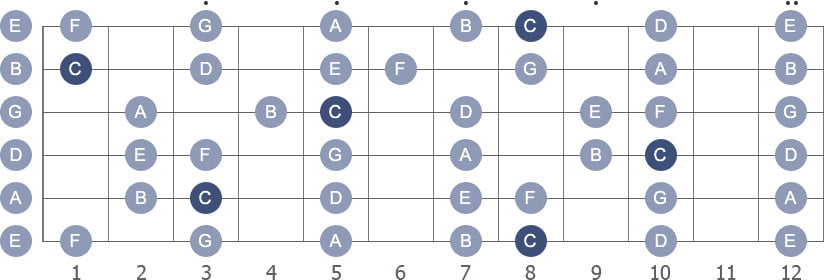
2. Minor Scale
The minor scale is another important guitar scale and is used in many different styles of music, particularly in blues and rock. It consists of seven notes and has a formula of whole-half-whole-whole-half-whole-whole (W-H-W-W-H-W-W). The A minor scale, for example, consists of the notes A-B-C-D-E-F-G-A.
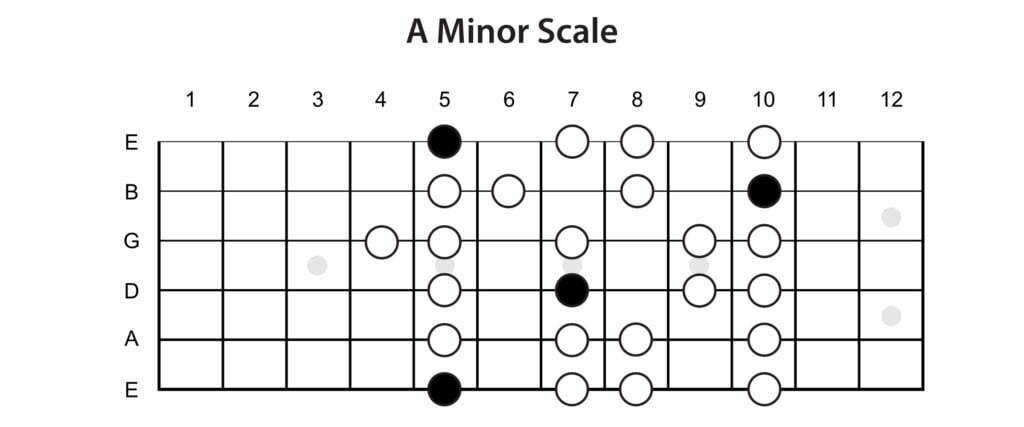
3. Pentatonic Scale
The pentatonic scale is a five-note scale that is commonly used in rock, blues, and country music. It consists of the first, second, third, fifth, and sixth notes of the major scale. The A minor pentatonic scale, for example, consists of the notes A-C-D-E-G.

4. Blues Scale
The blues scale is a six-note scale that is commonly used in blues and rock music. It consists of the minor pentatonic scale with the addition of a flat fifth (or "blue note"). The A blues scale, for example, consists of the notes A-C-D-Eb-E-G-A.

Why Learn Guitar Scales?
There are many benefits to learning guitar scales. Here are just a few:
1. Improves Finger Dexterity
Playing guitar scales requires you to move your fingers quickly and accurately across the fretboard. This helps improve your finger dexterity and coordination, making it easier to play more complex pieces of music.
2. Expands Your Musical Vocabulary
Learning guitar scales exposes you to new sounds and musical ideas. This can help you develop your own unique style and expand your musical vocabulary.
3. Enhances Your Soloing Skills
Guitar scales are an essential part of soloing and improvisation. Learning scales can help you develop your soloing skills and create more interesting and complex solos.
4. Improves Your Ear Training
Playing guitar scales can help you develop your ear training skills by helping you recognize different intervals and chord progressions.
How to Get Started with Guitar Scales
If you're new to playing the guitar, it's important to start with the basics. Here are some tips to help you get started with guitar scales:
1. Learn the Major Scale
The major scale is one of the most fundamental guitar scales and is used in many different styles of music. Start by learning the formula for the major scale (W-W-H-W-W-W-H) and practice playing it on different areas of the fretboard.
2. Practice with a Metronome
Practicing with a metronome can help you develop your timing and accuracy when playing guitar scales. Start by playing the scale at a slow tempo and gradually increase the speed as you become more comfortable.
3. Practice in Different Keys
Once you've mastered the major scale in one key, try practicing it in different keys. This will help you become more familiar with the fretboard and develop your ability to play in different keys.
4. Learn Other Guitar Scales
Once you've mastered the major scale, start learning other guitar scales such as the minor, pentatonic, and blues scales. This will help you develop your musical vocabulary and expand your soloing skills.
Conclusion
Learning guitar scales is an essential part of becoming a skilled guitarist. It can help improve your finger dexterity, expand your musical vocabulary, enhance your soloing skills, and improve your ear training. Start by learning the major scale and practicing with a metronome. Once you've mastered the major scale, move on to other scales such as minor, pentatonic, and blues. With practice and dedication, you'll soon be on your way to becoming a skilled guitarist.
And don’t forget to download Guitar Tunio to tune your Guitar perfectly before playing. The app features a reliable tuner for the Guitar, Mandolin, and many other stringed instruments, a rich chord library, and even more. This app is available on the App Store and Google Play, check it out to explore.

